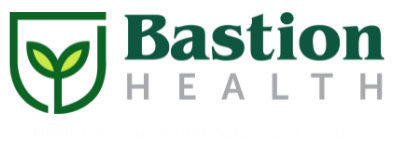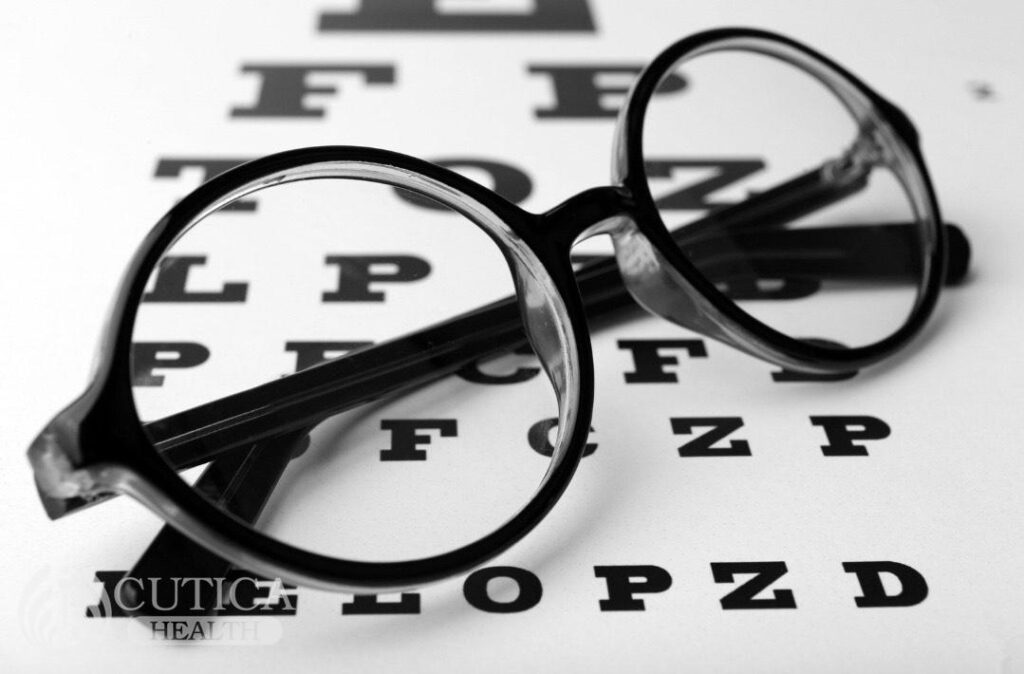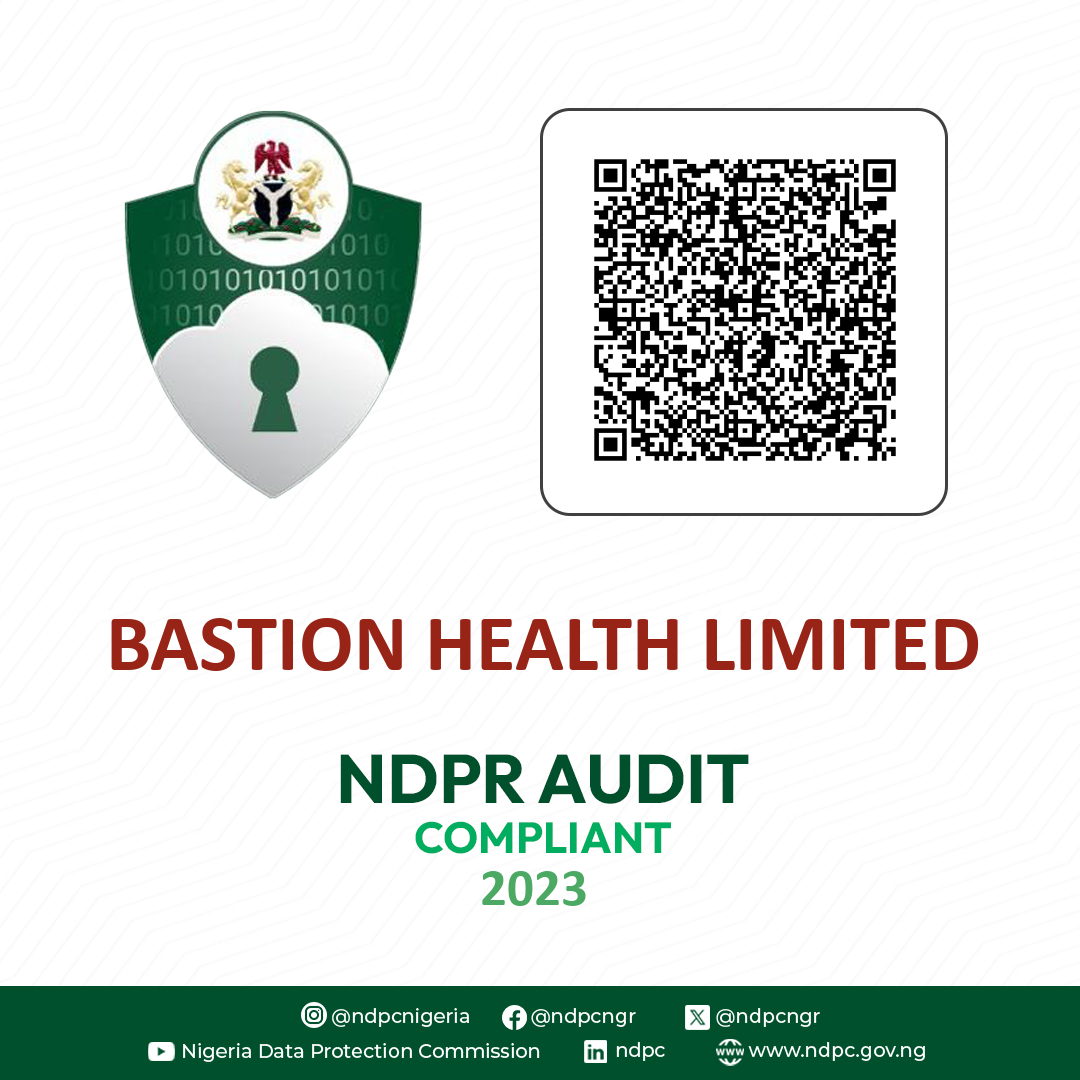"Hello Sola, are you going for a free eye check organized by the local government health center?" "Why should I? Who told you I have an eye problem?"
Sounds familiar? Sure it does! In fact, the scenario represents our attitude toward personal health checks. The eye is the window to your body, literally. Not only does it reflect the health of your body, problems with the eye can cause significant reduction in your quality of life. Fortunately, you can avert the silent danger by paying a little more attention to some eye symptoms before they get worse. A few of these include:

Eye Pain
Never ignore eye pain, especially if there is no clear trigger. Severe eye pain accompanied by headache and fever are sure pointers to trouble, needing urgent medical attention. You also need medical help when you become unusually sensitive to light accompanied by severe headache. These could occur in an eye condition called glaucoma, which could make one blind if not treated early. Never neglect sudden vision change and eye pain accompanied by nausea and vomiting, this is highly suggestive of glaucoma.
Dark spots
Everyone has a field of vision. This field should be clear. Spots in your field of vision reflect age changes, but a sudden increase in the number of spots (also called floaters) could indicate serious problems that could cause permanent blindness if not detected and treated early. Light flashes accompanying floaters also warrant seeing your doctor immediately.
Difficulty focusing
Also called convergence insufficiency, gradual loss of focusing your vision is often age-related needing no urgent attention; however, sudden convergence insufficiency is different; it may be a sign of serious medical conditions requiring urgent attention, such as a stroke or detachment of the sensitive part of the eye, called the retina.
Double vision
Double vision, or diplopia, may be transient, in which case you've got nothing to worry about. But it could also be a warning sign of bleeding into the brain and a pointer to stroke. It may also be the first sign of an overactive thyroid gland. So, double vision isn't something to neglect. See a doctor, even when it's gone away. Experiencing double vision with a headache, weakness, eye pain, or difficulty speaking calls for urgent medical attention.
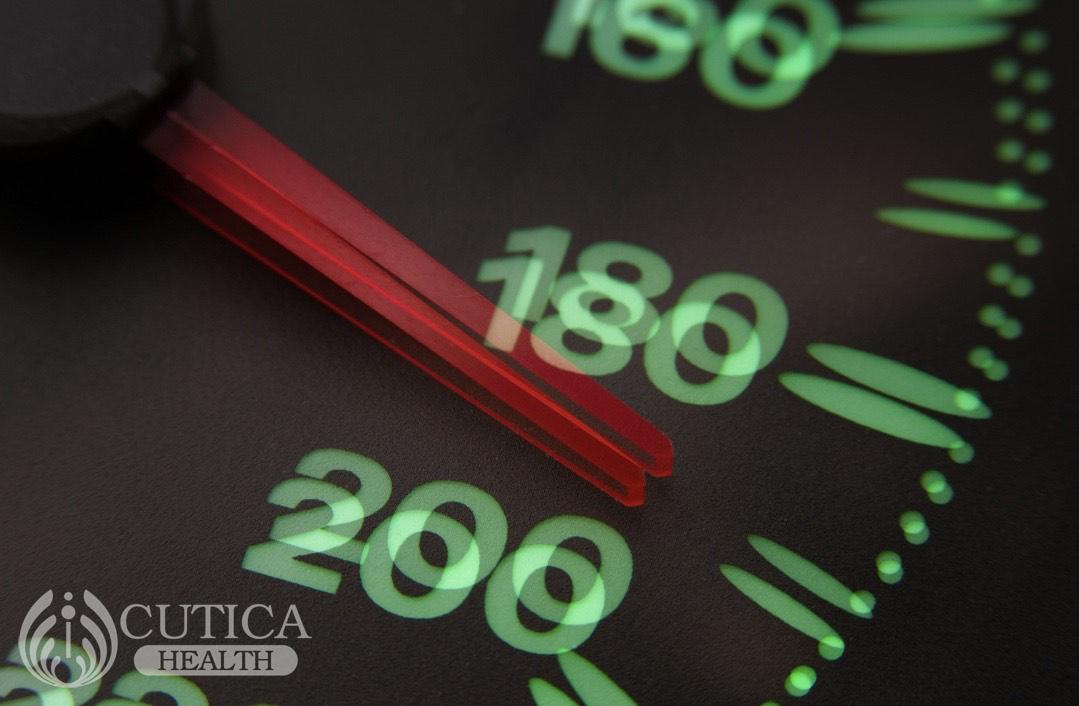
Bulging eyes
Although bulging eyes may occur as a result of age-related loss of flexibility of the eye socket, it could also be a symptom of more serious medical conditions, ranging from an infection to a thyroid problem. So, if your eyes bulge, see a doctor immediately.
Cloudy vision
Cloudy vision, especially recurrent may indicate serious conditions. It could be a symptom of cataract, diabetes, or age-related destruction of the retina, the part of the eye that receives light and forms images. It could also be a signal of glaucoma, a condition in which the pressure within the eye is abnormally high.
Unexplained tears and excess discharge
Excess discharge may be a symptom of infection while unexplained tears may be pointers to anxiety, burnout, depression, and hormonal imbalances. It may also point to infection or inflammation in some structures in the eye. Have this checked as soon as possible.
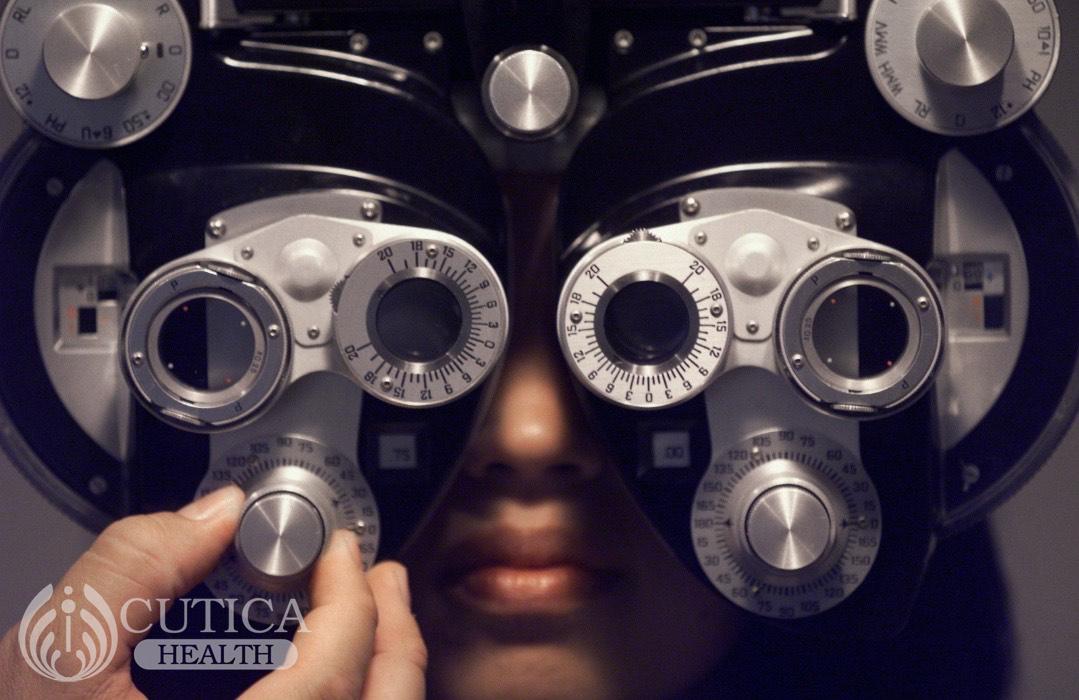
Take Home
The eye is the window of the body. Not only does your eye reflect the health of your body, a problem with it could significantly reduce the quality of your life. Therefore, stay vigilant, look out for these subtle symptoms and get your eye checked regularly.
